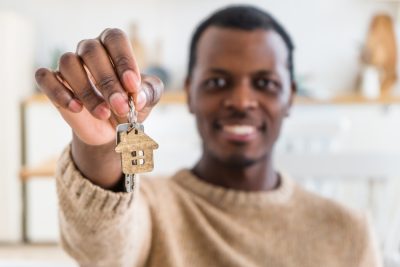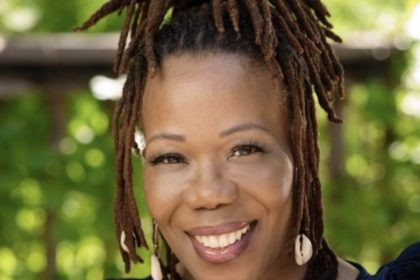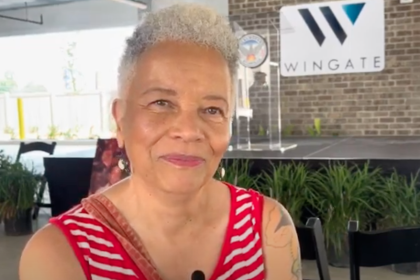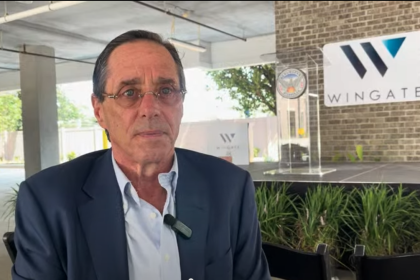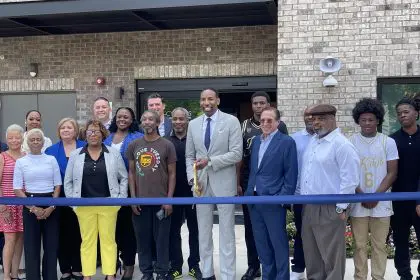The pursuit of financial stability and prosperity has been a long-standing goal within the Black community. One of the most powerful tools in achieving this is homeownership. For many, owning a home is not just a dream but a critical step toward creating and preserving wealth that can be passed down through generations. Black homeownership is more than just acquiring property; it’s a pivotal means of building intergenerational wealth, ensuring that future generations have a stronger financial foundation to build upon.
However, the journey to homeownership for Black families is fraught with unique challenges, from historical barriers to modern-day disparities. Despite these obstacles, the impact of homeownership on wealth creation is undeniable. This article delves into why Black homeownership is key to building intergenerational wealth and how it can help bridge the racial wealth gap that persists in America today.
Understanding the racial wealth gap
To grasp the significance of Black homeownership, it’s essential to first understand the racial wealth gap. This gap represents the stark disparity in wealth between Black and white households in America, a divide that historical and systemic inequities have perpetuated. According to recent studies, the median wealth of white families is nearly ten times greater than that of Black families. This disparity has far-reaching consequences, affecting access to education, health care, and opportunities for upward mobility.
One of the primary drivers of this wealth gap is the difference in homeownership rates. While homeownership is a significant source of wealth for most American families, Black families have historically been excluded from this opportunity due to discriminatory practices such as redlining and mortgage lending discrimination. These barriers have prevented many Black families from accumulating wealth through real estate, further widening the gap between Black and white households.
The role of homeownership in building wealth
Homeownership is a powerful wealth-building tool because it allows families to build equity, which can be leveraged for other investments, education, or business ventures. Over time, as property values appreciate, homeowners can see a significant increase in their net worth. For Black families, this increase in equity is particularly crucial, as it can provide the financial stability needed to weather economic downturns and invest in future generations.
Owning a home also offers tax advantages and the potential for passive income through rental properties. These benefits contribute to a family’s overall financial health, providing a buffer against unexpected expenses and creating opportunities for further wealth accumulation. Moreover, homeownership instills a sense of pride and accomplishment, fostering a stable environment where children can thrive and build on the foundation laid by their parents.
Barriers to Black homeownership
Despite the clear benefits of homeownership, Black families face significant barriers in achieving this goal. Historical practices such as redlining have left lasting scars, resulting in disinvestment in predominantly Black neighborhoods and a lack of access to affordable housing. Additionally, Black families are more likely to be denied mortgages or offered higher interest rates, even when they have comparable financial qualifications to white applicants.
The legacy of these discriminatory practices continues to impact Black homeownership rates today. Black households are less likely to own homes than their white counterparts, and those who do own homes often face challenges in maintaining and passing down their property due to predatory lending practices and economic instability. These barriers not only hinder individual wealth accumulation but also limit the ability of Black families to build and sustain intergenerational wealth.
Strategies to increase Black homeownership
Addressing the barriers to Black homeownership requires a multifaceted approach, involving policy changes, community support, and financial education. Governments and financial institutions must commit to equitable lending practices, ensuring that Black families have the same opportunities to secure mortgages and build equity as their white counterparts. This includes enforcing anti-discrimination laws, increasing access to affordable housing, and offering programs that assist first-time homebuyers.
Community organizations also play a vital role in supporting Black homeownership. By providing financial education and resources, these organizations can help families navigate the home-buying process, understand the responsibilities of homeownership, and avoid predatory lending practices. Programs that offer down payment assistance, credit counseling, and homeownership workshops are particularly beneficial in empowering Black families to achieve their homeownership goals.
The impact of Black homeownership on future generations
The benefits of Black homeownership extend far beyond the immediate financial gains. When Black families own homes, they create a legacy that can be passed down to future generations, providing them with a stable foundation and opportunities for further wealth accumulation. This intergenerational wealth can be used to fund education, start businesses, or invest in other assets, helping to break the cycle of poverty and create lasting economic stability within the Black community.
Moreover, homeownership can profoundly impact the mental and emotional well-being of Black families. Owning a home fosters a sense of security and belonging, allowing families to build strong ties to their communities and create environments where their children can thrive. These intangible benefits are just as important as the financial gains, contributing to Black families’ overall health and resilience.
Building a legacy through homeownership
Black homeownership is not just a pathway to financial security; it is a means of building a lasting legacy that can empower future generations. By overcoming the barriers to homeownership, Black families can begin to close the racial wealth gap and create opportunities for their children and grandchildren to thrive. The journey to homeownership may be challenging, but the rewards are profound, offering the promise of a brighter and more equitable future for all.
As we move forward, we must continue to advocate for policies and programs that support Black homeownership, ensuring that all families have the opportunity to build wealth and secure their financial futures. By doing so, we can create a more just and prosperous society, where the American dream of homeownership is within reach for everyone.
This story was created using AI technology.






